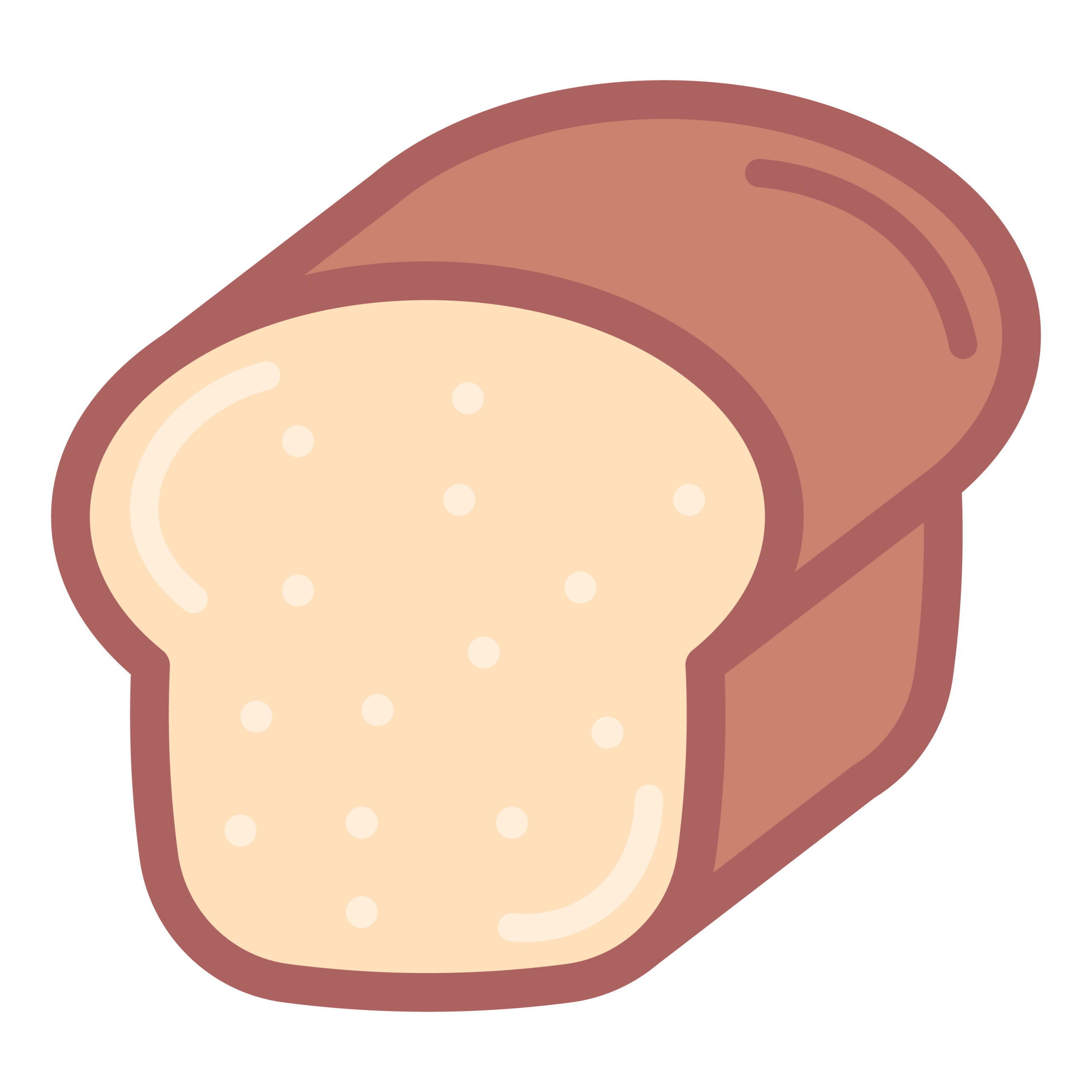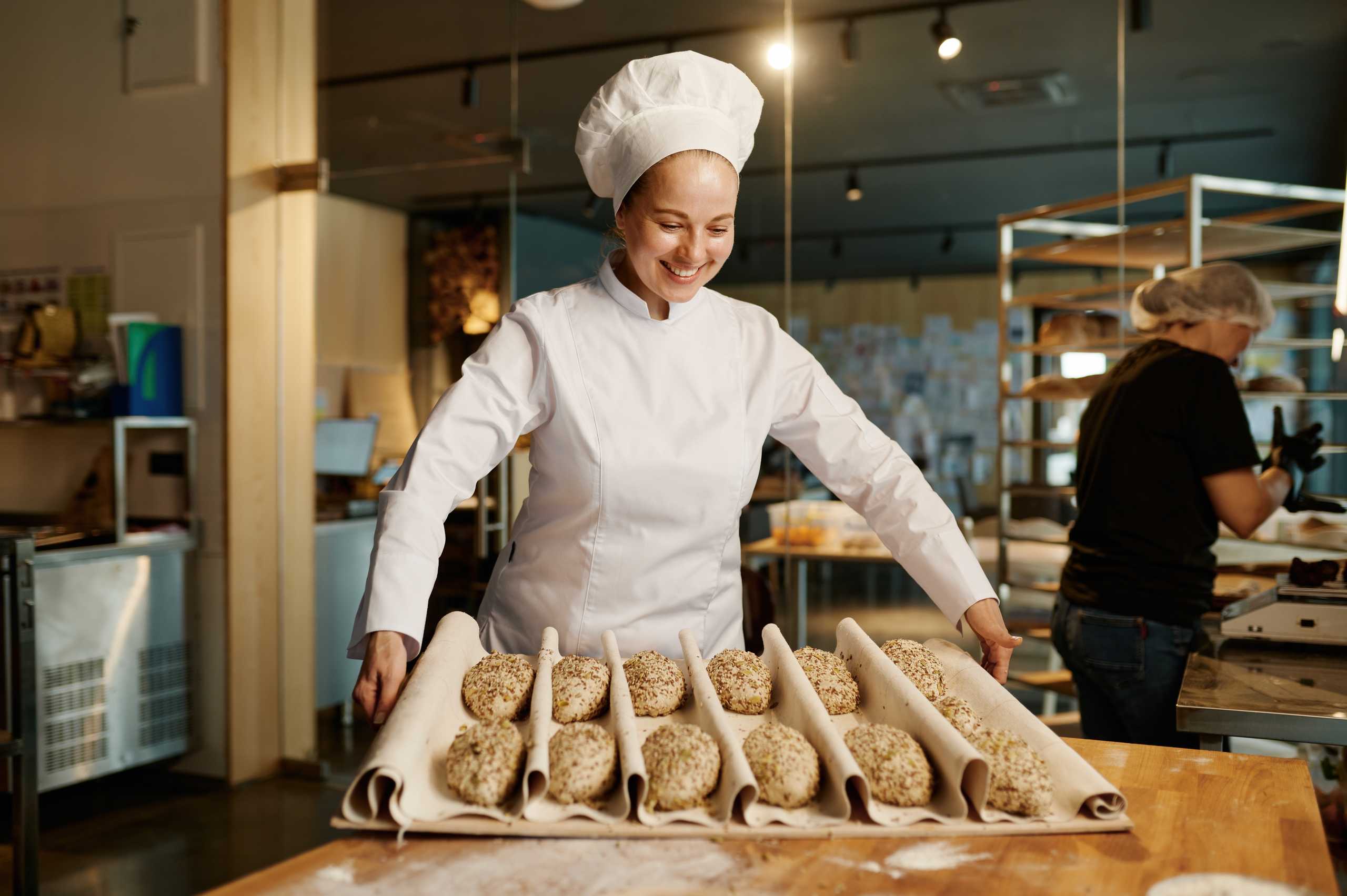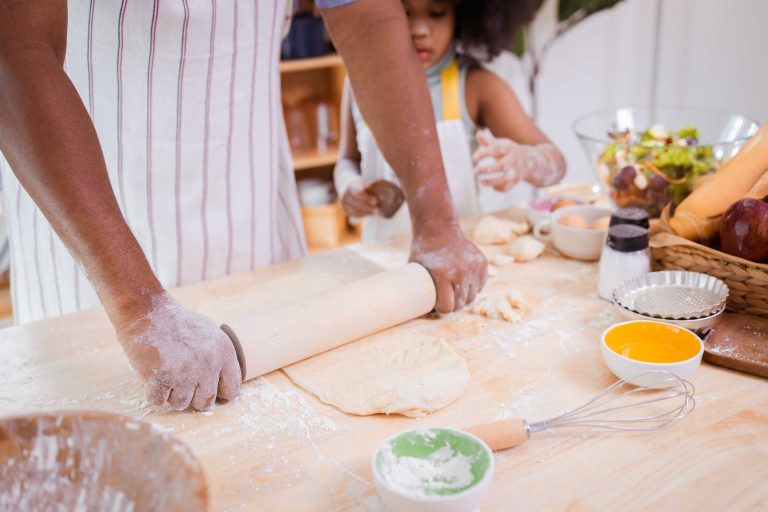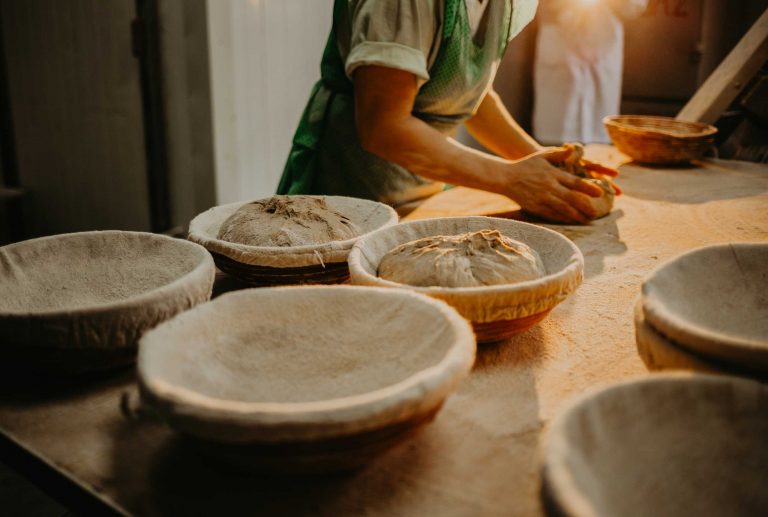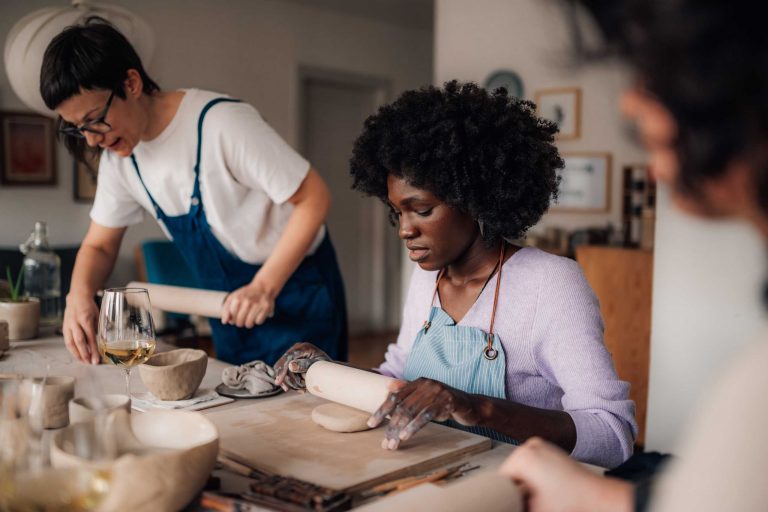In an age where convenience reigns supreme and processed foods line every supermarket shelf, artisan baking offers something radically different: mindfulness, creativity, and flavor that tells a story. Far from being just a trend, it represents a return to human touch, patience, and the celebration of natural ingredients. But why does it matter — now more than ever?
The Slow Rise: Rediscovering the Beauty of Time
One of the most fundamental elements of artisan baking is time.
While industrial breads are often made in under an hour using artificial leaveners, artisan breads take hours — even days — to develop.
That time is not wasted. It allows:
- natural fermentation to build flavor slowly
- gluten to develop gently without overmixing
- enzymes to break down sugars and starches for better digestion
And beyond the science, this slow process teaches us something we’re forgetting in modern life: how to wait. Watching dough rise, shaping it by hand, and waiting for the oven to do its work reintroduces patience into our daily rhythm.
Texture and Taste: A Sensory Experience
There’s a noticeable difference when you bite into a loaf made with care.
- The crust crackles under your fingertips.
- The crumb (interior) is open and moist, often glistening with natural fermentation.
- The aroma is earthy and complex — nothing like store-bought bread.
These sensory details matter. They remind us that food is not just fuel — it’s experience, emotion, and memory. Artisan baking allows us to experience food with all five senses.
From Technique to Artform
Artisan baking is as much about technique as it is about artistic expression. Once you’ve learned the fundamentals — flour ratios, fermentation timing, shaping methods — the possibilities expand endlessly.
You can:
- Mix heritage flours like einkorn, spelt, and rye for unique flavor profiles
- Infuse dough with herbs, roasted garlic, cheese, dried fruits, seeds, or spices
- Experiment with decorative scoring to create stunning loaves that look like sculptures
This turns baking into a creative outlet — a meditative act that feeds both body and soul.
A Return to Local and Natural
Many artisan bakers make deliberate choices about their ingredients. They often use:
- local, organic flours
- filtered water
- wild-caught sourdough starters
- unrefined salts
This isn’t about elitism. It’s about connection to place — knowing where your ingredients come from and valuing their natural quality. It’s about health too: fewer chemicals, less processing, more whole nutrition.
Community Through Bread
Baking connects people. A shared sourdough starter passed between friends. A warm loaf brought to a neighbor. A family recipe taught by a grandparent. These are quiet but powerful acts of love.
In many cultures, bread is not just food — it’s ritual, offering, welcome, tradition.
By learning to bake it yourself, you don’t just gain a new skill. You enter into an ancient lineage.
At a time when so many of us feel isolated, baking offers something intimate and generous. It creates community.
Final Thoughts: Why It Still Matters
In a digital, fast-moving world, artisan baking is a way to slow down — to be present with your hands, your senses, and your intention. It matters because it invites us to:
- connect with the past
- nourish with care
- create beauty from the simplest ingredients
And it reminds us, quietly but profoundly, that the best things in life often rise slowly.
